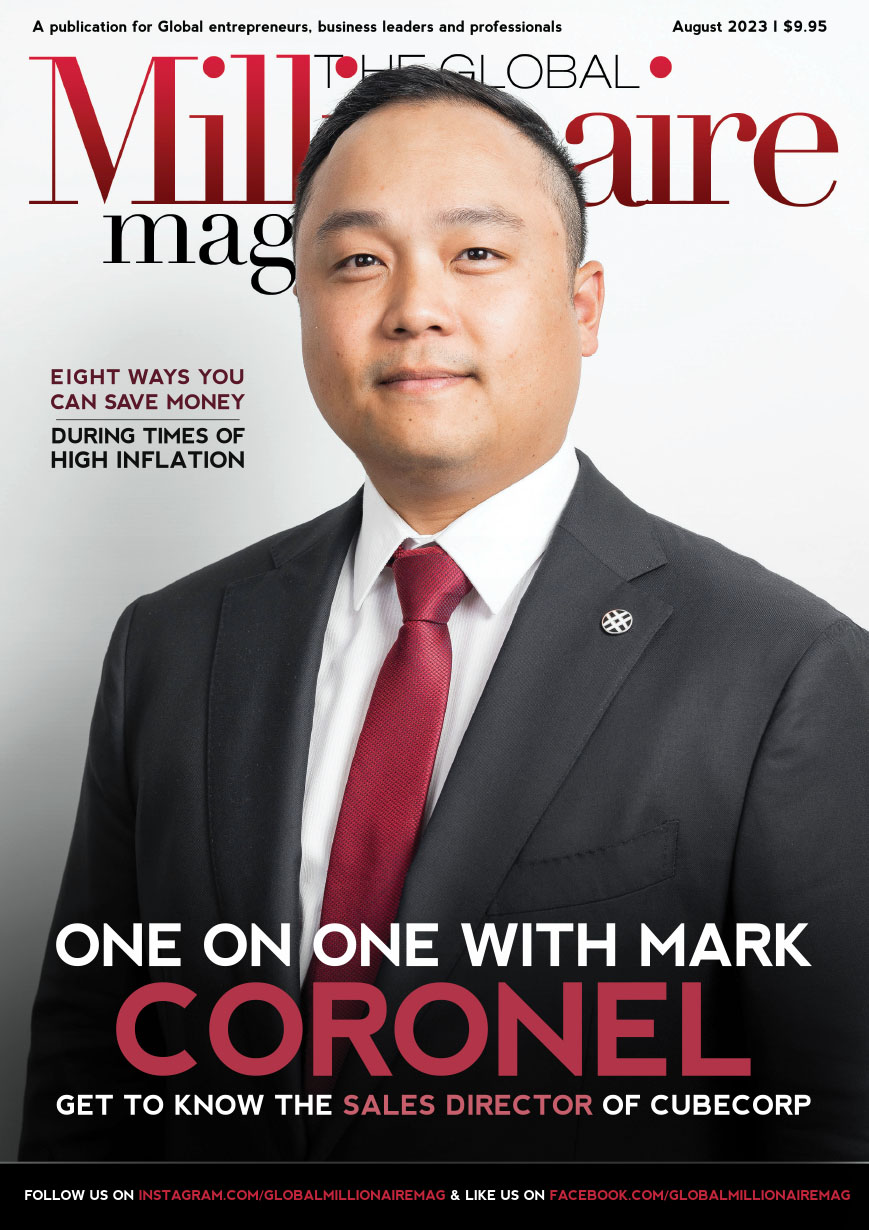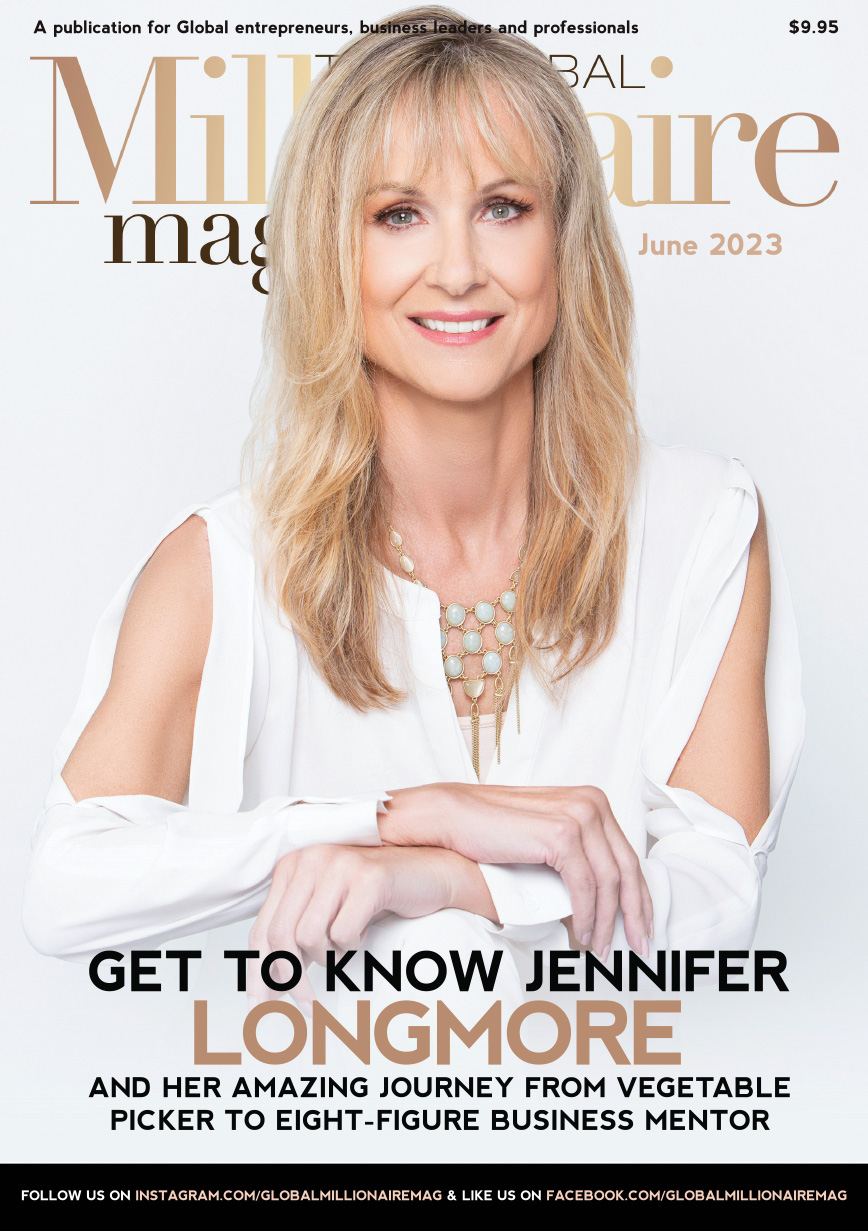
When thinking about investing in real estate, it is crucial to establish your goals beforehand. Typically, investing in property revolves around two primary objectives: capital growth and rental income. Capital growth focuses on the property’s value appreciation over time, while rental income involves leasing the property to tenants for ongoing revenue. Additionally, some individuals opt for property investment due to the associated tax benefits. To determine the investment objective that aligns with your aspirations, delve deeper into the advantages of each approach. Expand your knowledge and make an informed decision about which property investment objective best suits your needs and financial goals.
Potential for Long-Term Wealth
Property investment has a proven track record of offering the potential for long-term wealth accumulation through value appreciation. Over time, properties tend to increase in value, allowing investors to build substantial wealth and secure their financial future.
The appreciation in property value can be attributed to various factors. Firstly, supply and demand dynamics play a significant role. As the population grows and urban areas become more desirable, the demand for housing increases. Limited supply and high demand lead to upward pressure on property prices, resulting in long-term value appreciation.
In addition, improvements in infrastructure, amenities, and community developments in a particular area can contribute to property value appreciation. Upgrades such as new transportation links, shopping centers, schools, and recreational facilities enhance the overall appeal of the location, attracting more buyers and tenants and driving property prices higher.
While there may be short-term fluctuations or market cycles, historical data consistently demonstrates the overall upward trajectory of property values. By adopting a long-term investment strategy, carefully selecting properties in high-demand areas, and staying informed about market trends, investors can capitalize on the potential for long-term wealth accumulation through property appreciation.
Steady Rental Income
Investing in rental properties offers a valuable advantage in the form of steady rental income. By leasing out properties to tenants, investors can establish a consistent and reliable source of income through monthly rental payments.
Rental income provides financial stability and can serve as a reliable cash flow stream. Unlike other investment options that may be subject to market fluctuations, rental properties offer a degree of predictability. As long as the property is well-maintained and occupancy rates are high, investors can count on regular rental payments from tenants.
The consistent nature of rental income allows investors to cover various expenses, including mortgage payments, property taxes, insurance, and maintenance costs. Moreover, rental income can supplement other sources of income and contribute to long-term wealth accumulation.
Diversification
Property investment offers the valuable benefit of diversification, enabling investors to spread their investments across different asset classes and reduce overall risk. Individuals can achieve a more balanced and resilient approach to wealth accumulation by including properties in their investment portfolio.
Diversification is crucial in minimizing the impact of volatility and market fluctuations. Property investments tend to behave differently from other asset classes, such as stocks or bonds. Therefore, including properties in a portfolio comprising stocks, bonds, or other investments can help mitigate risk.
The performance of property values is influenced by factors separate from those affecting other investments. Economic conditions, local market dynamics, population growth, and supply and demand dynamics play significant roles in property values. These factors often have a limited correlation with stock market movements, making property investment a valuable addition to a diversified portfolio.
Diversifying with property also provides a buffer against potential losses in a specific investment class. If one asset class experiences a downturn, the impact on the overall portfolio can be offset by the performance of other asset classes, including properties.
Potential Tax Advantages
Investing in properties presents numerous tax advantages that can significantly reduce the overall tax burden for investors. By taking advantage of these benefits, individuals can optimize their cash flow and enhance returns on their property investments.
One key advantage is the ability to deduct certain expenses associated with property ownership. Mortgage interest payments and property taxes are examples of expenses that can be written off, lowering the taxable income generated from rental properties. This deduction helps investors offset their rental income and potentially decrease their tax liability.
Furthermore, depreciation is another valuable tax benefit for property investors. Depreciation allows investors to allocate the cost of the property over its useful life, providing annual deductions that further reduce taxable income.
Hedge Against Inflation
Real estate serves as an effective hedge against inflation, offering investors protection against the eroding effects of rising prices. Property values have consistently positively correlated with inflation, making real estate a valuable asset in preserving and growing wealth over time.
Inflation erodes the purchasing power of money, but property values typically increase along with rising prices. As the cost of goods and services rises, demand for housing often intensifies, driving property values upward. By investing in real estate, individuals can safeguard their wealth from the negative impact of inflation.
Moreover, property owners can potentially increase rental income in line with inflation. Rental rates can be adjusted to keep pace with rising living costs, ensuring a steady stream of income that maintains its real value over time.
Potential for Positive Cash Flow
Investing in well-managed rental properties holds the potential for positive cash flow, where rental income surpasses expenses such as mortgage payments and maintenance costs. Positive cash flow is desirable for property investors as it provides financial stability and ongoing investment returns.
Investors can maximize rental income by carefully selecting properties in high-demand rental markets and setting appropriate rental rates. Effective property management, including tenant screening and proactive maintenance, helps ensure a consistent flow of rental payments while minimizing vacancies and costly repairs.
When rental income exceeds expenses, property investors can enjoy several benefits. Positive cash flow can be reinvested in additional properties, accelerating wealth accumulation and portfolio growth. Additionally, it might be a dependable source of passive income, supplementing other sources of revenue and contributing to financial independence.
Positive cash flow offers a cushion against unexpected expenses or periods of vacancy, allowing investors to navigate challenges without significant financial strain. Moreover, it enhances the property’s overall value, making it an attractive asset for potential buyers or investors seeking to expand their portfolios.
Control over Investment
Property investment empowers individuals with control over their investments by providing a tangible asset that can be actively managed and improved to enhance its value. Unlike certain forms of investments that are intangible or rely on external factors, property investment allows investors to influence the performance and profitability of their assets directly.
With property investment, individuals have the opportunity to make strategic decisions regarding property management, renovations, and upgrades. By implementing effective property management practices, investors can attract high-quality tenants, maintain property conditions, and optimize rental income.
Furthermore, investors can actively enhance the value of their properties through improvements and renovations. Investors can increase the property’s overall worth by carefully selecting upgrades that align with market demand and add value. Whether it’s renovating kitchens and bathrooms, improving energy efficiency, or enhancing curb appeal, these actions can positively impact the property’s market value.
Property investment also allows for creative strategies such as property development, subdivision, or repurposing, providing further avenues for increasing investment returns. These hands-on approaches give investors a sense of control over their investments, allowing them to shape their property portfolio’s success and profitability actively.
Leverage with Financing
Real estate investment offers the advantage of leveraging your investment through financing options like mortgages, amplifying your purchasing power, and expanding your investment potential. This ability to leverage allows investors to control a more extensive asset base with a smaller initial investment.
By utilizing financing, such as mortgage loans, investors can acquire properties that may have been otherwise unattainable. This purchasing power amplifies individuals to diversify their portfolios and access a broader range of investment opportunities.
Leveraging your investment through financing can yield multiple benefits. Firstly, it allows for the potential of higher returns on investment. If the property appreciates in value, the return on investment is calculated based on the property’s total value, not just the initial invested amount. This amplifies potential profits and boosts overall returns.
Moreover, leveraging can enhance cash flow by spreading the property’s purchase cost over an extended period. By using financing, investors can allocate their available capital to other investments or use it for ongoing property management and improvements.
However, it is important to note that leveraging carries risks, particularly in instances of market downturns or interest rate fluctuations. Investors must carefully assess their financial capacity and consider potential risks before leveraging their investments.
Potential for Property Development
Property investment presents exciting opportunities for development and improvement, allowing investors to unlock additional value through renovations or expansions. This potential for property development offers a pathway to increased profitability and enhanced returns on investment.
By acquiring properties with development potential, investors can capitalize on opportunities to create additional value. This may involve renovating existing structures, adding new features, or expanding the property’s footprint. Investors can enhance the property’s appeal, functionality, and market value through strategic development efforts.
Property development provides multiple benefits. Firstly, it allows investors to meet the evolving needs and preferences of the market, attracting a broader range of potential buyers or tenants. Investors can command higher rental rates or sale prices by adapting properties to suit modern lifestyles and incorporating desirable amenities.
Additionally, property development offers the advantage of creating equity. As the property’s value increases through development efforts, investors can build substantial equity that can be leveraged for future investments or used to grow their portfolio further.
It’s worth noting that property development involves careful planning, market research, and compliance with relevant regulations. Investors must also consider factors such as cost, feasibility, and potential returns when embarking on development projects.
Investing in properties offers a range of compelling benefits, including potential appreciation, passive income, diversification, tax advantages, inflation hedging, and wealth preservation. By carefully selecting properties and conducting thorough research, investors can unlock the immense potential for building wealth, securing their financial future, and achieving long-term financial success.




























